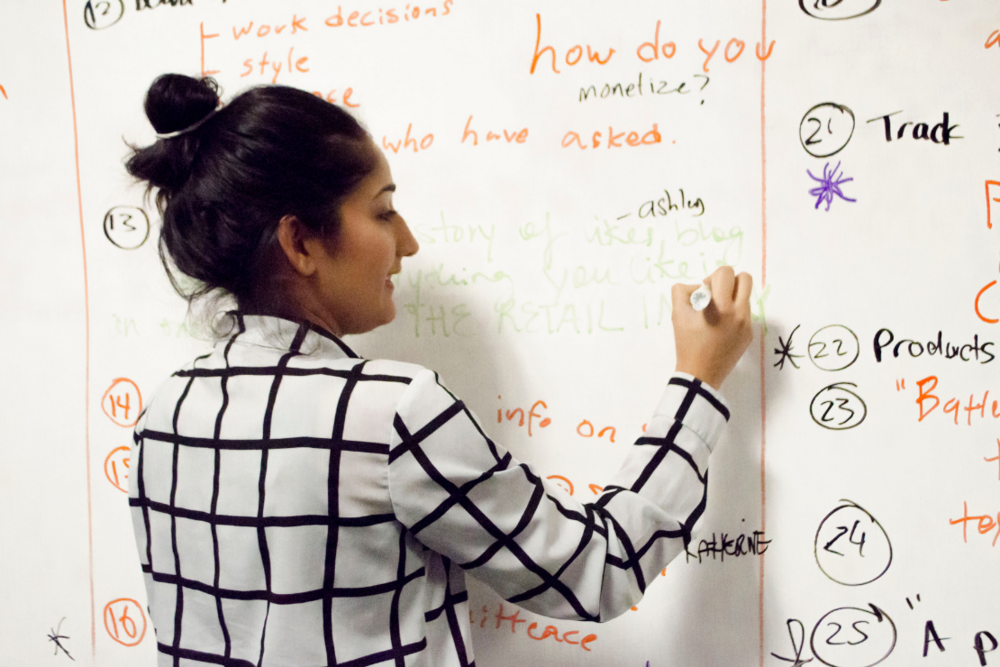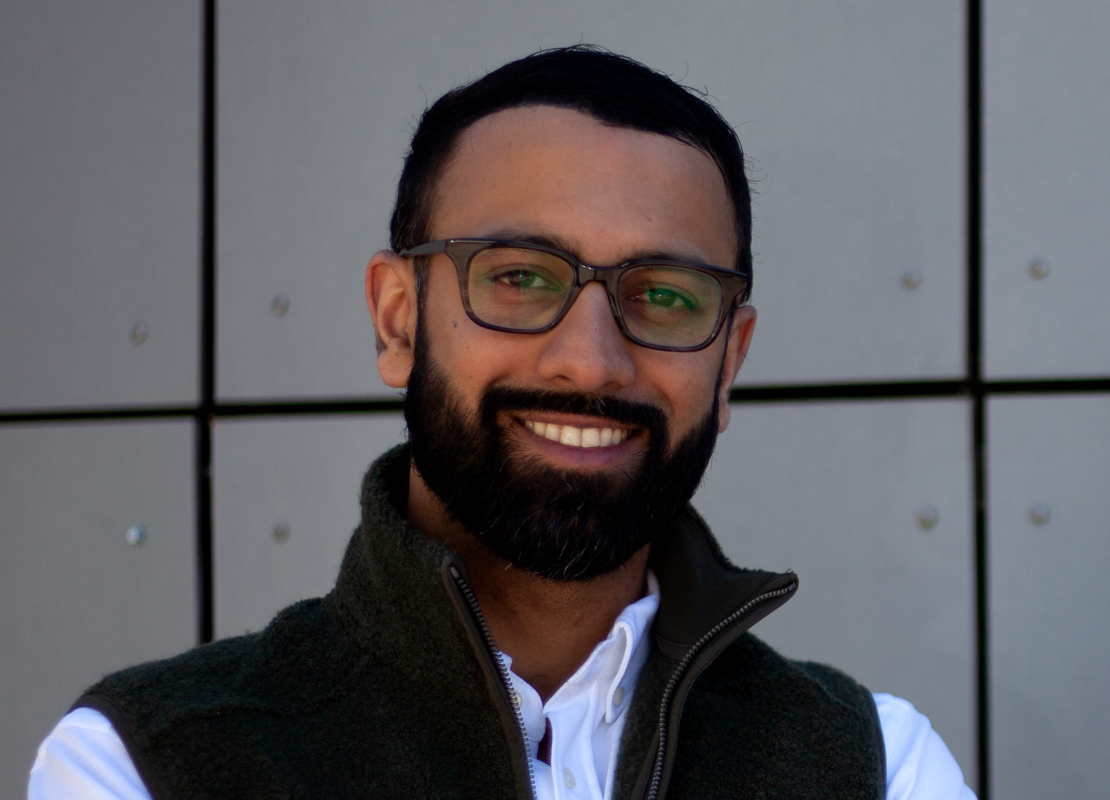Inside a Techstars Accelerator: What To Expect From the Three Months
Dec 04, 2020

In our series Inside a Techstars Accelerator we unpack elements of the application process and the accelerator experience, so you have all the information you need to make a decision about applying.
This article explains what happens during the three months of a Techstars accelerator. You might also be interested in:
Techstars accelerators have one goal: to help entrepreneurs succeed. During each three-month program, we surround companies with the best mentors and an unrivaled network of corporate partners, investors, and alumni. We provide funding and fundraising opportunities, workshops and curated resources, not to mention countless moments where you can learn from your peers. It’s a proven model that’s helped build thousands of successful companies, all over the world.
But how does that play out in real time? Here’s a breakdown of what happens in each of the three months, what a typical week looks like, and the kinds of activities you can expect in program.
Month by Month: The 3 Months Of a Techstars Accelerator
Month One: Grow Your Network
During month one, the 10 companies in each program typically meet around 100 mentors from the Techstars network, each of whom are super connected and experienced in their respective fields. After these initial meetings, fondly known as “Mentor Madness,” some programs match founders with three to five who will act as their lead mentors, and a pseudo Board of Advisors, throughout the program. When there’s a particularly good fit, mentors will often continue to work with the companies after the program ends.
Mentors help with many areas of the business that may need support, including — but not limited to:
Product development
Market-fit
Marketing
Technology
Hiring and firing
Fundraising
Company culture
Unit economics
Business development
Customer discovery
Go to market strategy
Legal
Learn more about what makes Techstars mentors so special. Read the Techstars Mentor Manifesto.
Month Two: Execute
Month two is time to take all those learnings from month one and put them into practice. Working with the managing director and program manager, founders go deeper with their lead mentors, gain traction, and hit milestones — whether that’s a prototype, building out the next phase of a product, getting a first customer, etc.
During this month, founders focus on identifying their most important KPIs (Key Performance Indicators) and achieving them. If there’s a corporate partner for the program, this month may even be the time to prepare for a proof of concept.
Month Three: Fundraising Strategy & Demo Day
In month three, founders go deep on telling their story. This is crucial to fundraising and Demo Day preparation.
Founders work with their mentors, managing directors, and program managers to refine their pitch, develop and design their pitch deck for Demo Day, and prepare investor collateral.
Storytelling isn’t just about fundraising: it’s also about communicating your vision to customers and future team members.
A Typical Week in a Techstars Accelerator
Actually, there’s no such thing as a typical week in a Techstars accelerator.
Other than weekly one-on-ones with your managing director, all-hands KPI meetings, no two weeks are the same during the program. Instead, you’ll constantly be moving your startup forward at a pace you never thought was possible.
You’ll go from testing key assumptions about your business one week to professional stage training the next. You’ll constantly be challenged in what you do and how you do it.
Can you remember the last time you spent one full day investing in your own professional development? What if you had the opportunity to do this — with the full support of professionals — for three months?
During the program, you’ll be presented with ideas, opinions, and opportunities that you might never otherwise consider — and certainly couldn’t get all at once anywhere else. These opinions and ideas can help you become a better founder, and navigate tricky situations and tough decisions with more ease. We want to give you the tools to be able to turn these challenging opportunities into positive experiences.
While this may sound like a lot, it’s important to point out that more than half of your time could still be spent on working on your own company. We get it, you may already have customers, team stand ups and other recurring meetings — so that doesn’t just pause for three months.
In-Program Activities
What kind of activities can you expect? While each program is different, here are a few that pretty much everyone gets:
Office hours with guest mentors and investors
Workshops and masterclasses delivered by industry experts on specific topics like hiring, marketing, tech, product, etc.
Founder stories: serial entrepreneurs come in and share how they built their company. The best part is that it’s more than what you read online – in this context, founders speak honestly about what really went down.
Intensive pitch practice, in preparation for Demo Day and fundraising
Plus anything else the program team thinks would benefit your experience and help you #DoMoreFaster — many activities are curated to the needs of the founders and companies in each program, meaning that no program is exactly the same twice.
About the Author

Saba Karim
Based out of Denver, Colorado, Saba Karim is the Global Startup Pipeline Manager of Techstars - responsible for helping source startups from across the world for all of its accelerators. You can follow him on Twitter @sabakarimm.

